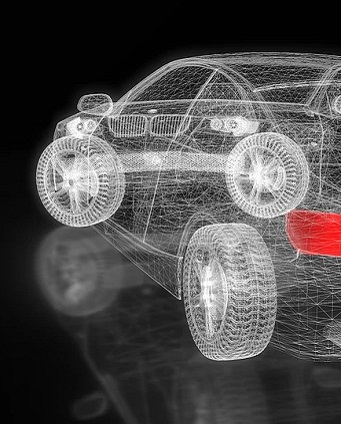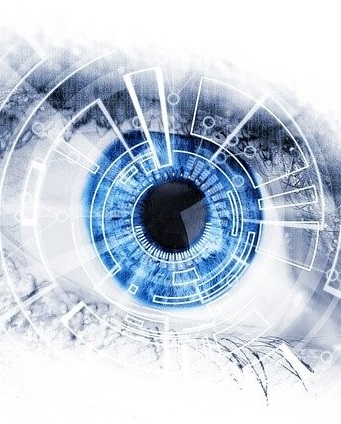The Singapore Academy of Law’s Law Reform Committee has established a Subcommittee on Robotics and Artificial Intelligence to consider, and make recommendations on, the application of the law to robotic and AI systems.
As part of that work, the LRC is publishing a series of reports, each looking at a different legal area impacted by the increasingly widespread deployment of robotics and other AI-powered technologies across society.
In certain areas, the Subcommittee has identified specific recommendations for law reform. Its primary aim, however, is for the series to stimulate systematic thought and debate on these issues, not only by policy makers and legislators, but also industry, the legal profession and the public.
Published Reports
| *NEW Criminal Liability, Robotics and AI Systems (February 2021) | The Attribution of Civil Liability for Accidents Involving Autonomous Cars (September 2020) | ||||||
| Download the full report | Quick Guide | Summary of Findings q | Download the full report | Quick Guide | Summary of Findings q | ||||||
| Applying Ethical Principles for Artificial Intelligence in Regulatory Reform (July 2020) | Rethinking Database Rights and Data Ownership in an AI World (July 2020) | ||||||
| Download the full report | Summary of Findings q | Download the full report | Summary of Findings q |
 |
Criminal Liability, Robotics and AI Systems (February 2021) With Robotic and Artificial Intelligence ('RAI') systems being increasingly deployed across society, risks arise that those systems cause serious physical, psychological or economic harms. Against that backdrop, the LRC has considered whether, and if so how, criminal laws and penalties might be applied in such cases. In its report, the LRC:
A one minute quick guide to the alternative approaches considered in the report is available here. It is hoped that the report will assist policy makers in assessing where future legal and regulatory challenges may arise in seeking to hold someone criminally accountable for serious harms caused by RAI systems, and possible approaches to addressing those difficulties. The full report can be found here. |
|||||||||
|
|
||||||||||
 |
The Attribution of Civil Liability for Accidents Involving Autonomous Cars (September 2020) The much-anticipated mainstream adoption of autonomous cars is fast becoming reality. While such “self-driving” technologies are predicted to reduce drastically the number of road-traffic accidents, incidents will inevitably still occur. Questions therefore arise as to who should be liable for those accidents where they result in injury or harm, and on what legal basis. In that context, this report:
It is hoped that the report will assist policy makers in assessing the best future legal and regulatory scheme for Singapore, so as to encourage innovation and promote the mainstream adoption of autonomous vehicles, while also ensuring those harmed in accidents obtain effective redress. The full report can be found here. |
|||||||||
|
|
||||||||||
 |
Applying Ethical Principles for Artificial Intelligence in Regulatory Reform (July 2020) There is a growing consensus that the increasing deployment of AI systems across society, as well as bringing benefits, must also be human-centred and built on strong ethical foundations. That, in turn, has implications for the laws and regulatory interventions that enable, guide and constrain how and where AI is deployed. This report identifies issues that law and policy makers may face in promoting ethical principles when reforming laws and regulations to adapt to AI, and provides examples of human-centred approaches that could be taken to address these. Specifically, the report discusses the following ethical principles:
The report does not seek to advance specific means or level of intervention, which will necessarily vary depending on the technology and sector in question. Its purpose, however, is to provide a framework for broader consideration and discussion on the best means to achieve human-centred, ethical norm-making and calibration of regulatory responses regarding AI. The full report can be found here. |
|||||||||
|
|
||||||||||
 |
Rethinking Database Rights and Data Ownership in an AI World (July 2020) Data and databases are central to the ongoing development and use of AI-enabled systems and technologies. At the same time, concerns remain regarding individuals' control over the use of their data by third parties. Against that backdrop, this report considers whether key data-related laws in Singapore currently operate effectively to promote the beneficial production of, and access to, databases, while also protecting individual rights. In particular, the report addresses:
Summary of Recommendations
The full report can be found here.
|
|||||||||
|
|
||||||||||
| An archive of all reports published by the Law Reform Committee can be found here | ||||||||||












